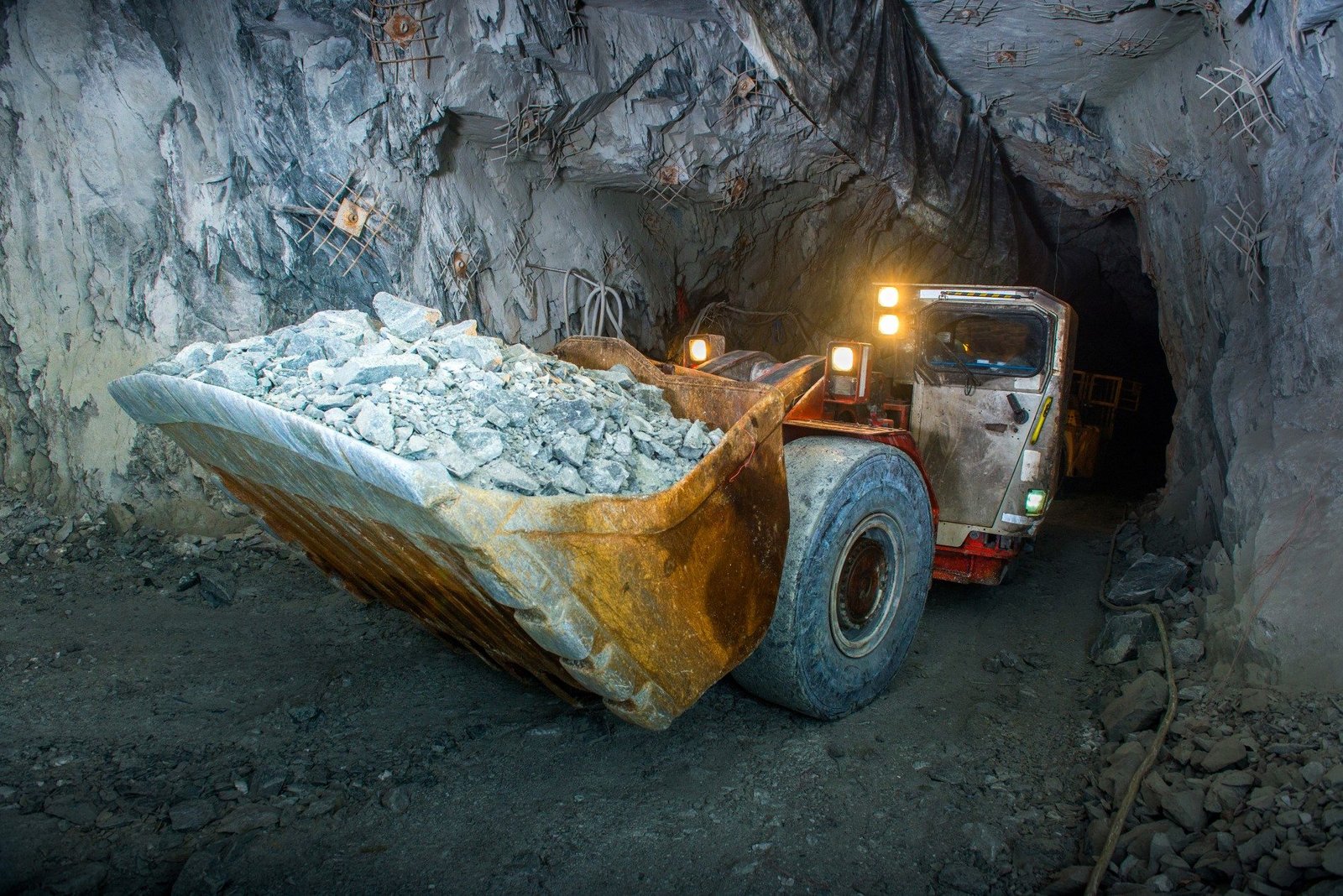Underground Mining Jobs in Africa

Underground mining is a critical part of Africa’s mineral extraction industry, particularly in countries like South Africa, Zambia, the Democratic Republic of the Congo (DRC), and Tanzania. These operations involve digging deep into the earth to extract valuable resources such as gold, platinum, copper, and diamonds. While underground mining can be physically demanding, it also offers stable employment, competitive wages, and long-term career growth for those willing to work in challenging environments.
What Is Underground Mining?
Underground mining involves excavating tunnels and shafts to access mineral deposits that are too deep or not suitable for open-pit mining. This method is commonly used for extracting metals like gold, platinum, and coal, which are often found at significant depths below the surface.
In Africa, many of the world’s largest mines operate underground, especially in South Africa’s gold and platinum belt. These operations require specialized equipment, skilled labor, and strict safety protocols due to the risks involved.

Types of Underground Mining Jobs
There are various roles within the underground mining sector, ranging from entry-level positions to highly specialized technical jobs:
- Miners : Responsible for drilling, blasting, and hauling minerals.
- Engineers : Civil, mechanical, and mining engineers oversee operations and ensure safety and efficiency.
- Geologists : Analyze rock formations and mineral deposits to guide mining activities.
- Safety Officers : Ensure compliance with health and safety regulations.
- Maintenance Technicians : Repair and maintain mining equipment and infrastructure.
- Transport Workers : Operate trucks, conveyor belts, and other transport systems underground.
Many companies offer training programs and apprenticeships for local workers, helping them gain the skills needed for these roles.

Benefits of Underground Mining Jobs
Despite the challenges, underground mining offers several advantages:
- Stable Employment : Many mining companies provide long-term contracts and job security.
- Competitive Wages : Due to the hazardous nature of the work, underground mining jobs often come with higher pay than other sectors.
- Career Advancement : With experience and training, workers can move into supervisory or technical roles.
- Community Impact : Mining companies often invest in local infrastructure, education, and healthcare, benefiting nearby communities.

Challenges Faced by Underground Miners
While the job can be rewarding, it also comes with unique challenges:
- Health Risks : Prolonged exposure to dust, heat, and confined spaces can lead to respiratory issues and other health problems.
- Safety Concerns : Accidents such as cave-ins, gas leaks, and equipment failures are possible, making safety training essential.
- Isolation : Workers may spend long hours underground, away from family and social support.
- Environmental Impact : Mining can disrupt ecosystems and affect local water sources if not managed responsibly.
The Future of Underground Mining in Africa
As demand for minerals like cobalt, lithium, and rare earth elements grows, the need for skilled underground miners is expected to increase. Many African governments and mining companies are investing in technology, safety improvements, and sustainable practices to make underground mining more efficient and environmentally responsible.
FAQs
Q: What are the main types of jobs in underground mining?
A: Jobs include miners, engineers, geologists, safety officers, maintenance technicians, and transport workers.
Q: Are there job opportunities for unskilled workers in underground mining?
A: Yes, many companies offer training and apprenticeships to help unskilled workers gain the necessary skills.
Q: What are the risks of working in underground mining?
A: Risks include exposure to dust, heat, confined spaces, and potential accidents, making safety training essential.
Q: Can I build a long-term career in underground mining?
A: Yes, with experience and additional training, many workers advance into supervisory, technical, or managerial roles.

